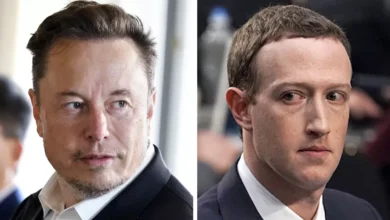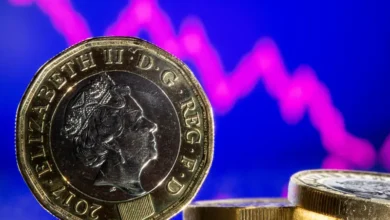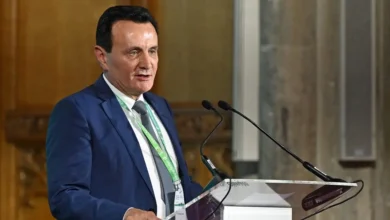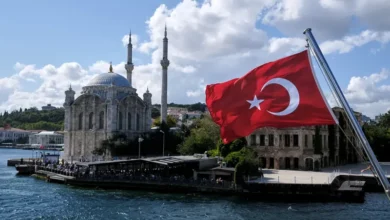Germany’s hydrogen goal in danger as supply options dwindle
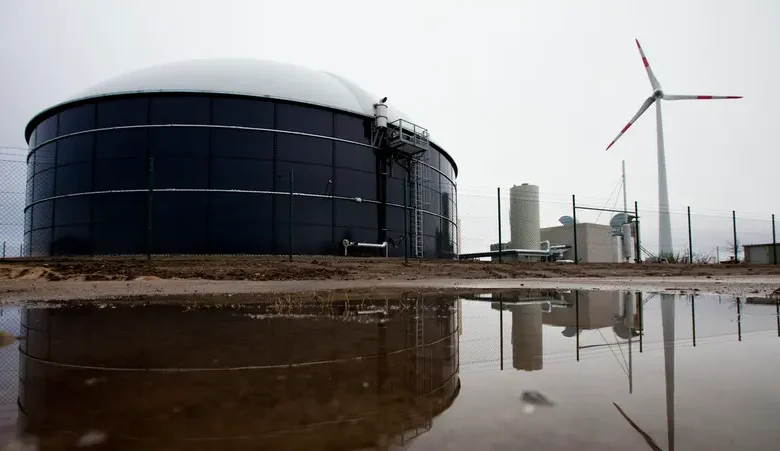
Germany’s ambitious bet on hydrogen is facing substantial setbacks after two of its biggest prospective suppliers shifted course.
Barely three weeks after Norway’s Equinor ASA shelved plans for a pipeline to Germany, Denmark this week delayed the start of a similar link until 2032.
The moves will likely complicate plans to boost the hydrogen market by the end of the decade, since Berlin has said up to 70 percent of the nation’s demand by then will likely need to come from imports.
Policymakers hope for hydrogen to play a key role in decarbonizing the nation’s heavy industry, and have agreed to invest billions of euros in establishing a network and power plants that can eventually run on the cleaner fuel.
Observers have questioned the feasibility of the ramp-up amid high costs, with Equinor citing lack of customers, supply and an adequate regulatory framework in its decision to cancel its pipeline.
The Danish delay is linked to increased project complexity and hydrogen developers’ need for more time, transmission system operator Energinet said.
While a top German government official last week voiced concern over Norway’s decision, the economy ministry said the latest development from Denmark shouldn’t affect decarbonization goals.
There are other options for importing hydrogen and policymakers will work with Danish counterparts on possible acceleration options, a spokesperson said.
Complicated hydrogen ambitions
Still, the turn of events highlights the difficulty of getting a hydrogen market off the ground without certainty over who will buy it.
“The pipeline of hydrogen projects in Europe and North America is still relatively small,” said Brett Orlando, global head of commodity transition at Bank of America. “Right now, there is still a lot of downside risk for third party capital to come in to the sector.”
German utility Uniper SE, which wants to participate in building a new generation of gas plants that can later be converted to hydrogen, said the cancellation of the Norwegian pipeline signals there are only few large customers who are prepared to commit to purchasing larger quantities of hydrogen in the long term.
A spokesperson said the project would have been good for the ramp-up of the hydrogen economy.
The company itself announced on Thursday that a lack of demand, among other reasons, will force it to postpone €8 billion-worth ($8.8 billion) of investments into green hydrogen and other emissions-friendly technology beyond 2030.
Another German utility, EON SE, said it’s questionable whether the country’s hydrogen goals can still be achieved within the set time frame given the lack of final investment decisions.
At the same time, there may still be a workaround for Germany to receive some hydrogen in the coming years. Norway is exploring converting natural gas in the Netherlands into so-called blue hydrogen, and then feeding it into Germany’s core network, a person familiar with the matter said.
“We have to continue working with hydrogen in the industrial partnership we have, which is very important for Germany and for Norway,” Norway’s Energy Minister Terje Aasland said. “We still believe that hydrogen will play a very important role.”
